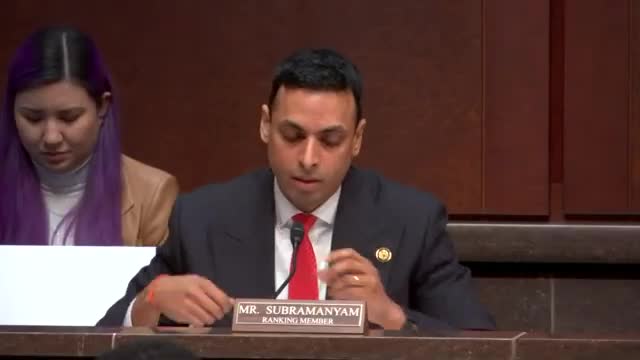Article not found
This article is no longer available. But don't worry—we've gathered other articles that discuss the same topic.
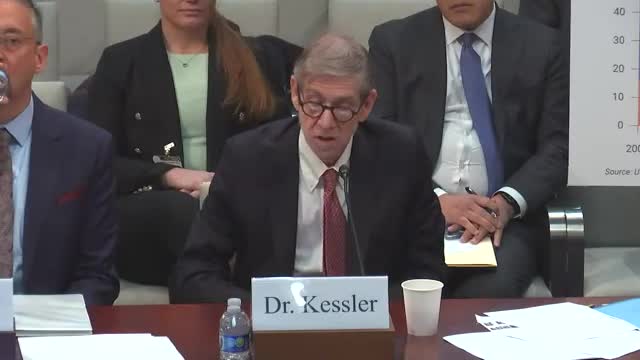
Experts warn U.S. dependence on foreign active ingredients contributes to shortages and counterfeit risk
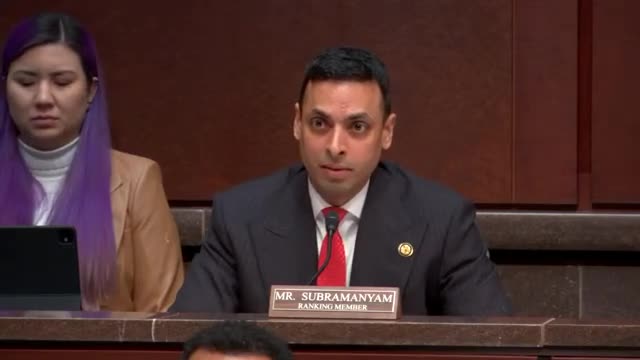
Committee hears concerns about infant formula, food contaminants and formaldehyde in hair products
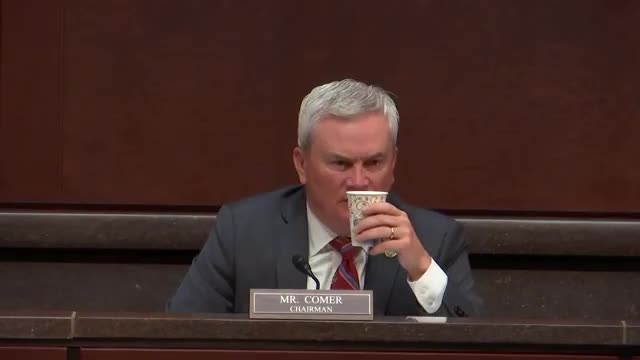
Hemp industry urges FDA to adopt standards to limit youth access and improve quality control
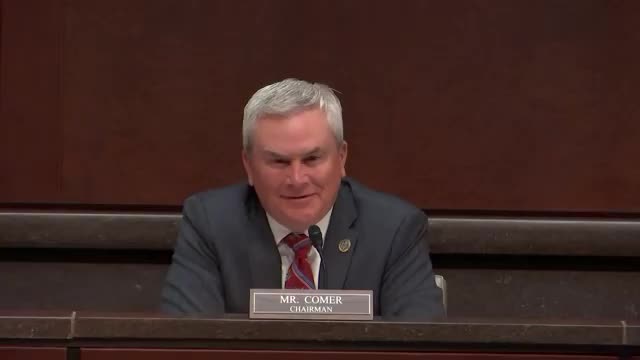
Panelists flag counterfeit weight‑loss injectables, freight shipments and risky compounding
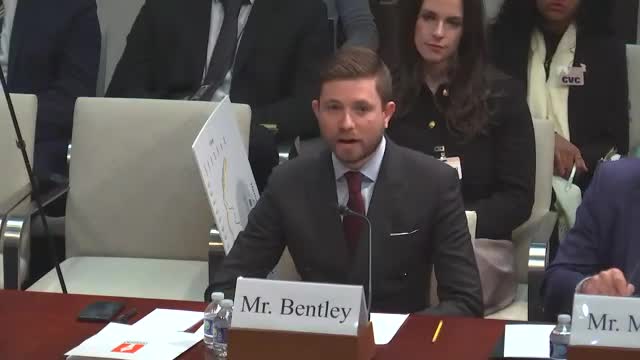
Witnesses say FDA bottlenecks helped fuel illicit e‑cigarette market from overseas
